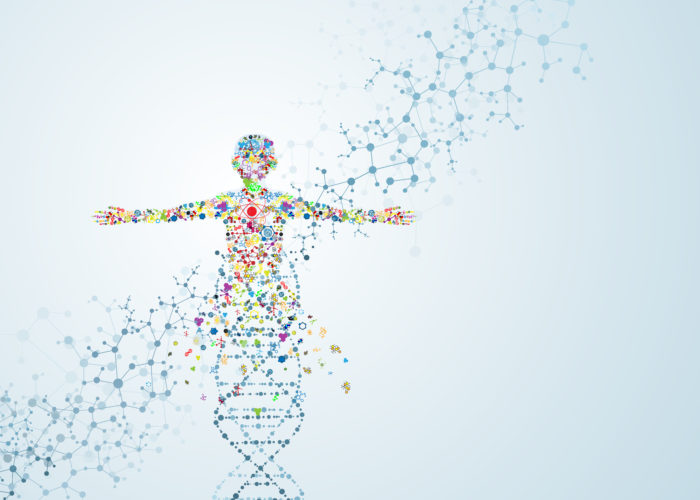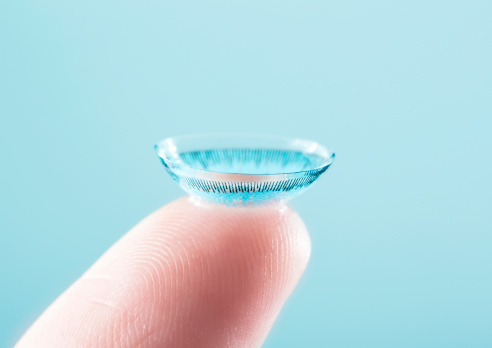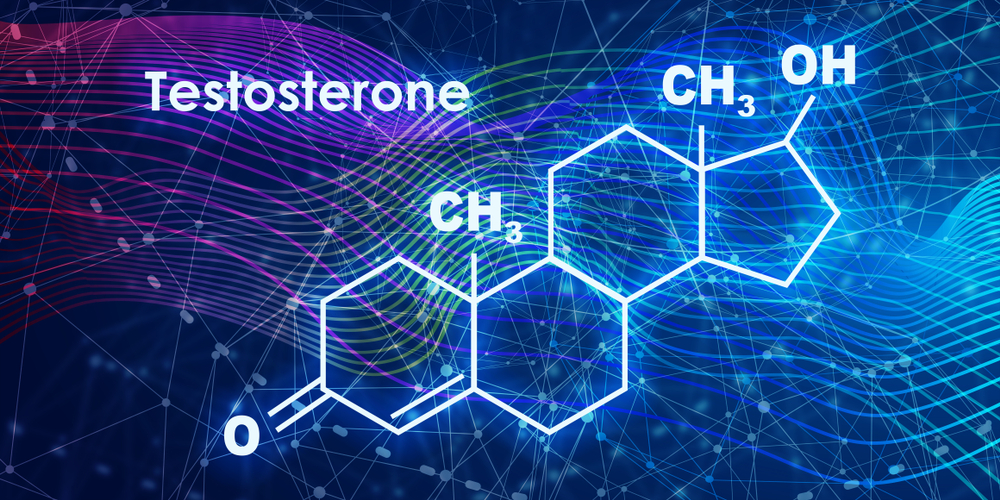
The science of anti-ageing
March 22nd, 2022Is the ageing process unstoppable or can extended youth become a reality?
The science of anti-ageing is something that elite scientists and tech investors are working on all the time. The way forward is by combating diseases associated with ageing, it’s the leading factor in anti-ageing and longevity. Medicine has made a shift in its concept from sick care to health care – moving away from focusing on treatments after diagnosis, towards intervening before recognised risk factors progress to the onset of the disease. Is the ageing process unstoppable or can extended youth become a reality?
Cell damage and ageing
As we age, our DNA (Deoxyribonucleic Acid) which is like the ‘brain’ of a cell in our body becomes damaged. DNA is the chemical name for the molecule in a cell that contains information that a cell ‘needs’ to function – its a genetic instruction that is found in all living things. When our DNA becomes damaged, the cells in our body stop functioning properly which results in age-related illnesses.
NAD+ (Nicotinamide Adenine Dinucleotide) works as a shuttle bus transferring electrons from molecule to molecule within a cell. With age, NAD+ decreases and without transportation, instructions from DNA become blocked. Therefore, repair mechanisms within damaged cells can develop permanent errors that can lead to health conditions that can be fatal. The damage to our DNA comes from changes both inside and outside of the body, for example – a change to our physiological processes such as metabolism or damage from UV radiation or tobacco carcinogens. Too much sun and pollution exposure or maybe pollution found inside a building from the use of chemicals.
Over the years, vascular atrophy within the body results in reduced blood flow to both skeletal and cardiac muscles and that can result in cardiac arrest and other circulatory health issues. When we age we experience neurodegeneration which can result in diseases such as dementia. Scientists know that overcoming age-related neurodegeneration is one of the potential paths to regenerative therapies.
We all know how important sleep is for cell renewal. Our circadian body clock is regulated by a central controller in the suprachiasmatic nucleus, a region in the brain directly above the optic nerve, but all our cells contain a clock of their own. These clocks consist of an oscillation in the production and breakdown of certain proteins. It is becoming increasingly clear that these clocks can be disrupted in organs or tissues or cells, which may also lead to disease.
Boosting autophagy, the biological housekeeping process by which cells rid themselves of damaged components is something that researchers are working on.
The study of cell damage is the most poignant factor in our mission to slow down ageing and conquer eternal life – if desired.
The science of anti-ageing
Billionaires and tech investors spend time and money with a desire to reverse the ageing process in humans. Pursuing biological reprogramming to rejuvenate cells, trying to use technology to halt biological ageing to extend the human lifespan. The science involved in research into anti-ageing and prolonging life is complex. Even though ambitious anti-ageing companies come up against hurdles, we still believe there is a huge potential to reverse symptoms of ageing – to find a way for radical rejuvenation. By defining the hallmarks of ageing, scientists have established a framework of ageing-related mechanisms and provided theoretical support for improving human health and extending their lifespan. There’s so much that we can learn and with that knowledge we can improve our health, allowing us to live longer.
What’s the latest in the science of anti-ageing? Here are 6 key findings:
- The reprogramming of cells in the human body
A new study led by Dr David Sinclair reveals it is possible to reprogram old cells to regain a youthful function.
- Tissue regeneration
LyGenesis, a tissue and organ regeneration company has shown that it can regrow functioning ectopic organs using cellular therapy. They believe they can eventually do whole organ regeneration allowing people to live longer.
- An organ rewire
The company Neurolink want to make the brain more functional and is developing a brain-computer interface that can be used with a mobile phone or computer. They believe they could help patients with severe age-related neurological conditions such as dementia.
- Organ system reverse
Our bodies are made up of 11 basic organ systems. Dr Greg Fahy has revealed by adapting organ systems it may be possible to reverse our biological age, his recent study showed signs of immune system rejuvenation.
- An organism rewrite
A new generation of genome editing ‘prime editing’ can put a large number of human diseases in purview. Types of genetic mutations can be edited and could be used to correct genetic mutations. This discovery is particularly relevant to treating Parkinson’s and Huntington’s disease.
- More research into the role of SIRT 1 anti-ageing
SIRT1 (Sirtuin 1) is the human ortholog of yeast protein. It has over 24 substrates that affect a wide range of cellular processes including metabolism and cell cycle. SIRT1 maintains energy and nutrient homeostasis linking to an antiageing role in metabolism.
More information: https://pubmed.ncbi.nlm.nih.gov/18821472/#:~:text=A%20growing%20body%20of%20evidence,to%20its%20role%20in%20metabolism.
We will be keeping a close eye on these findings and will keep you updated on the latest science of anti-ageing.
Do film-makers know more than us about the world of anti-ageing?
In the film ‘The Island’ with Ewan Mcgregor, his character lives in a community governed by a strict set of rules. Everyone in the community is a clone of a wealthy person who has paid to be cloned so they can use their clone’s cells and organs if they become unwell. Therefore, increasing their longevity, an anti-ageing regime for the rich and the privileged. Could that be our future? It’s a scary thought.
What can you do now?
What we do know is a calorie-restricted diet can prolong life, it encourages the body to better manage cell division. Combining this with your gained knowledge and understanding of symptoms of potential health conditions and taking preventative measures it is possible to prolong life and slow down ageing to some degree. A healthy lifestyle and diet can help to reduce the risks of fatal diseases.
At the moment ageing isn’t unstoppable, who knows what the future holds but the big question is – do you want to live forever?
Further Reading:








